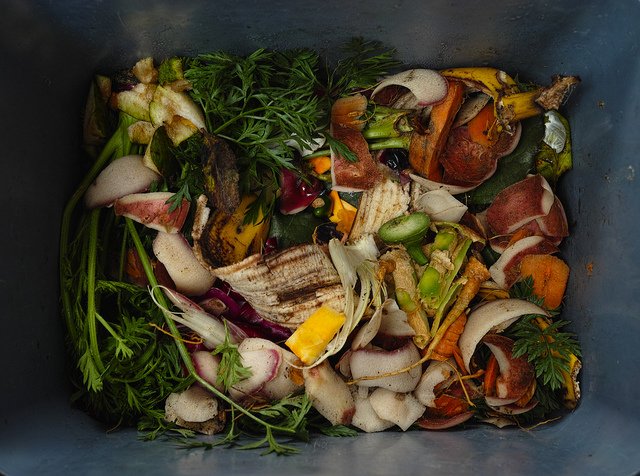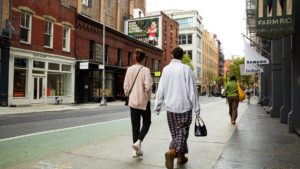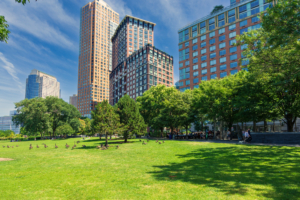So you’ve made the excellent decision to start composting in your NYC apartment. Kudos! Composting is definitely worth the extra effort and the city is making it a whole lot easier, so you don’t have much of an excuse any more. If you have a fire escape, rooftop, terrace, or backyard, lucky you – composting will be even more hassle-free.

Yum. Beautiful decomposing organic matter. (Source: szczel via Flickr Creative Commons)
How to compost outside
- Get a large plastic, metal or wooden container with air holes and a lid. Bins can be purchased at cost via the NYC Compost Project.
- Create a base layer of newspaper scraps, leaves, finished composted soil, or low moisture potting soil.
- Add in your food scraps, bury them a bit so they break down quickly, and water it every so often. Your compost should be moist, never wet.
- Turn every so often, and voila – beautiful compost will emerge in about three weeks!
How to compost in your apartment
Composting inside requires slightly more commitment in order to keep the smell under control. The most important part about indoor composting is avoiding smells and insects, which come hand in hand. Here’s how you do it:
- Get a 1- to 2-gallon compost counter-top bin with lid. Usually made of ceramic, stainless steel or plastic. Bins usually come with charcoal filters to block the smell.
- Buy biodegradable plastic liners for the bin. Once full, these bags can simply be tossed into the compost pile.
- Place scraps of food into the bin.
Composting with worms
Believe it or not, the easiest way to compost inside is with worms, also known as vermicomposting. Worms help speed up the decomposition of organic material, eating through it and excreting the “castings” that make up compost. Before the worms are added, make a bed of slightly dampened newspaper scraps on the bottom of the container. Again, make sure the newspaper isn’t wet.
- Add worms. (Available on Amazon. Yes, you can buy worms on Amazon.)
- Start adding food scraps!
What you should and shouldn’t compost
Certain food and organic matter is bad for indoor bins because it smells (meat and dairy), attracts mold (bread), or introduces insects to the bin (dry leaves). Great soil comes from one part nitrogen (provided by vegetable scraps, coffee grounds and filters, legumes) to three parts carbon (which you get from egg shells, newspaper, corn cob.) Adding a layer of scrap paper to the top of your food scraps will help alleviate odors.
Things you should never add to your compost pile: Ashes from coal or charcoal, waste from your cat or dog, fish scraps, meat, fat, grease, oils, bones, milk, cheese, yogurt, or potatoes. Make sure you have proper proportions in your compost bin, and you’ll have rich soil in no time!
Related:









